The Crucial Role of Trusts: Safeguarding Family Assets and Avoiding Probate
July 18, 2024
Introduction
Planning for the future is an essential aspect of responsible financial management. One key component of this planning is understanding the importance of establishing a trust to protect family assets and avoid the complexities of probate. In this article, we will delve into the significance of trusts and how they can serve as invaluable tools in securing the financial well-being of your loved ones.
Understanding Probate
Probate is the legal process through which a deceased person's estate is settled, debts are paid, and remaining assets are distributed to heirs and beneficiaries. While probate serves a vital purpose, it can be a lengthy and expensive ordeal, often causing stress and inconvenience for the surviving family members. The probate process is a matter of public record, potentially exposing family affairs to public scrutiny.
Importance of Avoiding Probate
1 - Time and Cost Savings:
Probate proceedings can be time-consuming and costly, often taking several months or even years to complete. Legal fees, court costs, and executor fees can accumulate, significantly reducing the overall value of the estate. Establishing a trust can expedite the transfer of assets, allowing beneficiaries quicker access to their inheritance while avoiding unnecessary expenses.
2 - Privacy Protection:
Probate proceedings are public, meaning that anyone can access information about the deceased person's assets, debts, and beneficiaries. Creating a trust offers a level of privacy, as trust documents remain confidential and are not subject to public scrutiny. Families can maintain a greater degree of control over their financial affairs, keeping sensitive information out of the public eye.
The Role of Trusts
1 - Asset Protection:
Trusts are powerful tools for protecting family assets from potential creditors and legal challenges. By placing assets in a trust, individuals can specify how those assets should be managed and distributed, reducing the risk of disputes or claims against the estate.
2 - Flexibility and Control:
Trusts provide flexibility in tailoring the distribution of assets according to specific wishes. This level of control allows individuals to address unique family situations, such as providing for minor children, protecting assets for disabled family members, or ensuring a smooth transition of a family business.
3 - Succession Planning:
Trusts are instrumental in facilitating seamless succession planning. By naming successor trustees and outlining clear instructions for asset distribution, families can avoid some uncertainties and potential conflicts among heirs.
Steps to Establishing a Trust
1 - Consult with Professionals:
Seek advice from legal, tax and financial professionals with expertise in estate planning. They can help determine the most appropriate type of trust based on your family's unique circumstances.
2 - Identify Assets and Beneficiaries:
Clearly outline the assets you wish to place in the trust and identify the beneficiaries who will benefit from the trust's provisions.
3 - Draft and Execute Trust Documents:
Work with legal professionals to draft comprehensive trust documents that outline the terms, conditions, and distribution instructions of the trust. Ensure that the documents comply with relevant state laws.
4 - Funding the Trust:
Transfer ownership of identified assets into the trust, a crucial step to ensure that the trust is effective in avoiding probate. It doesn’t do any good to create a trust if your assets are not placed in the trust.
Conclusion
Establishing a trust is a proactive and strategic approach to safeguarding family assets, minimizing legal complexities, and providing for the seamless transfer of wealth to future generations. By taking the time to understand the importance of trusts and engaging in thoughtful estate planning, individuals can secure a more efficient and private legacy for their loved ones. Consulting with professionals in the field can guide you through the process, ensuring that your family's financial well-being is protected for years to come. Contact a Larson & Company tax professional and learn more about our full range of tax services.

Russell is a Tax Partner at Larson & Company. He specializes in tax preparation, tax planning, financial consulting, and estate and trust services.
LinkedIn

.png)



